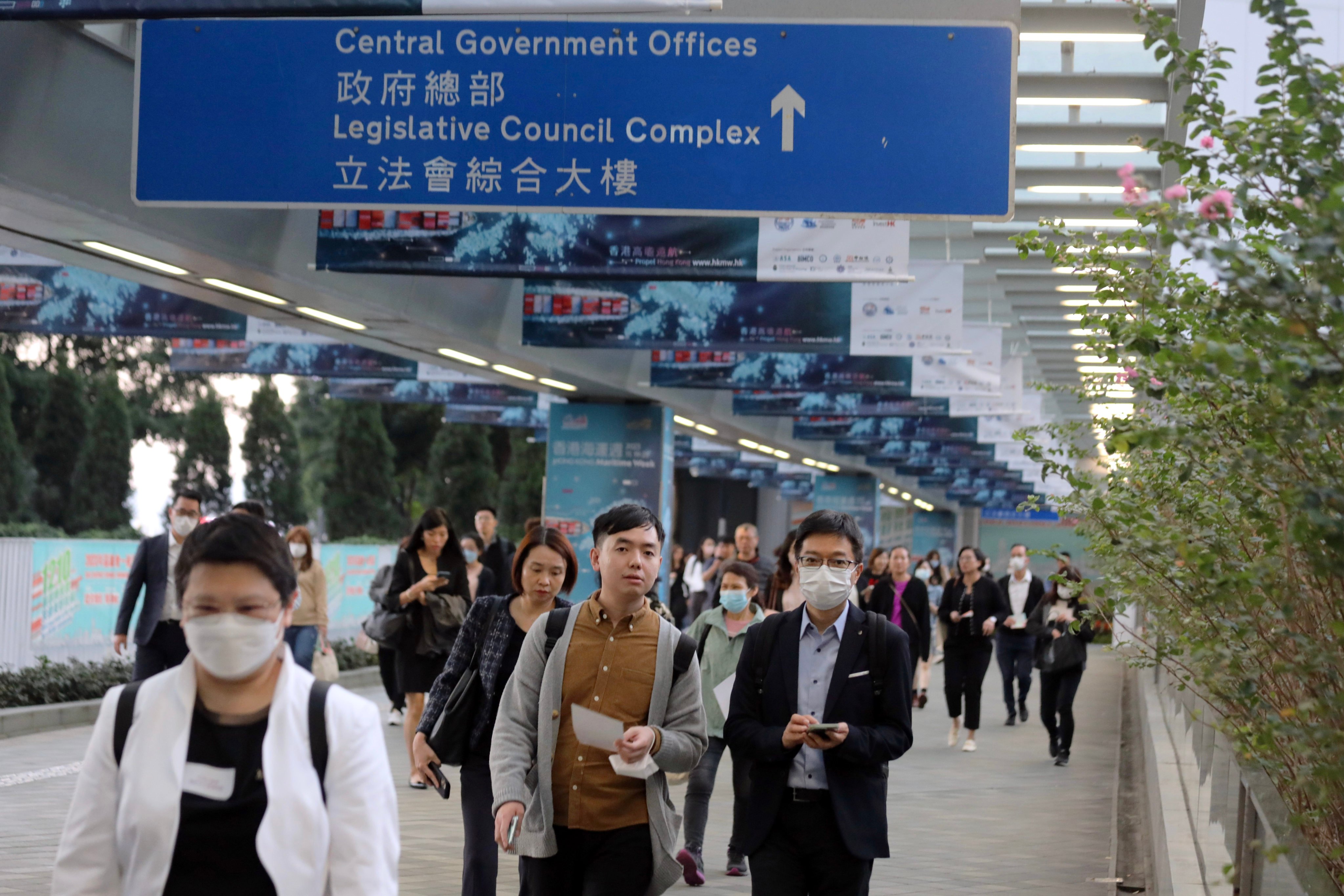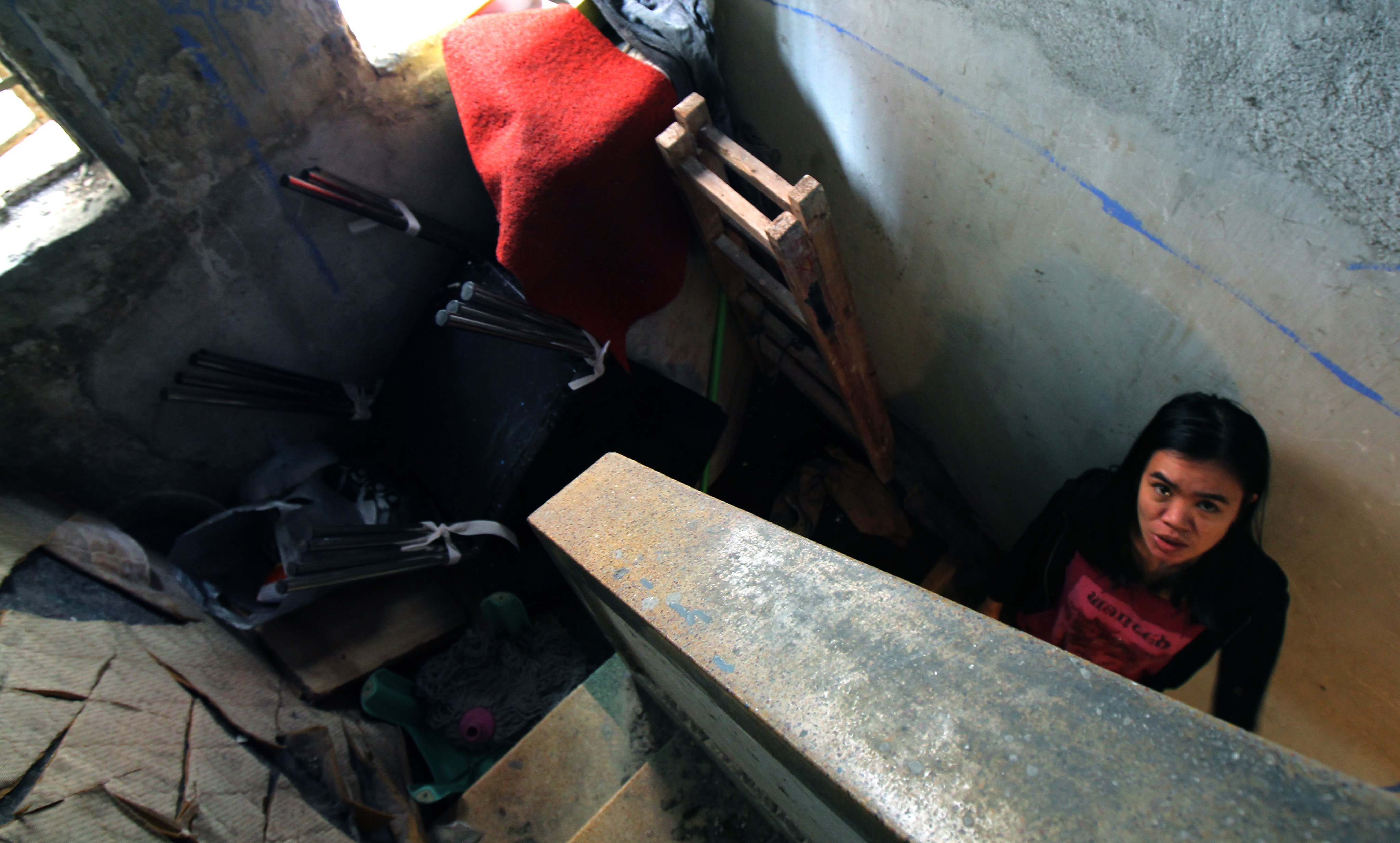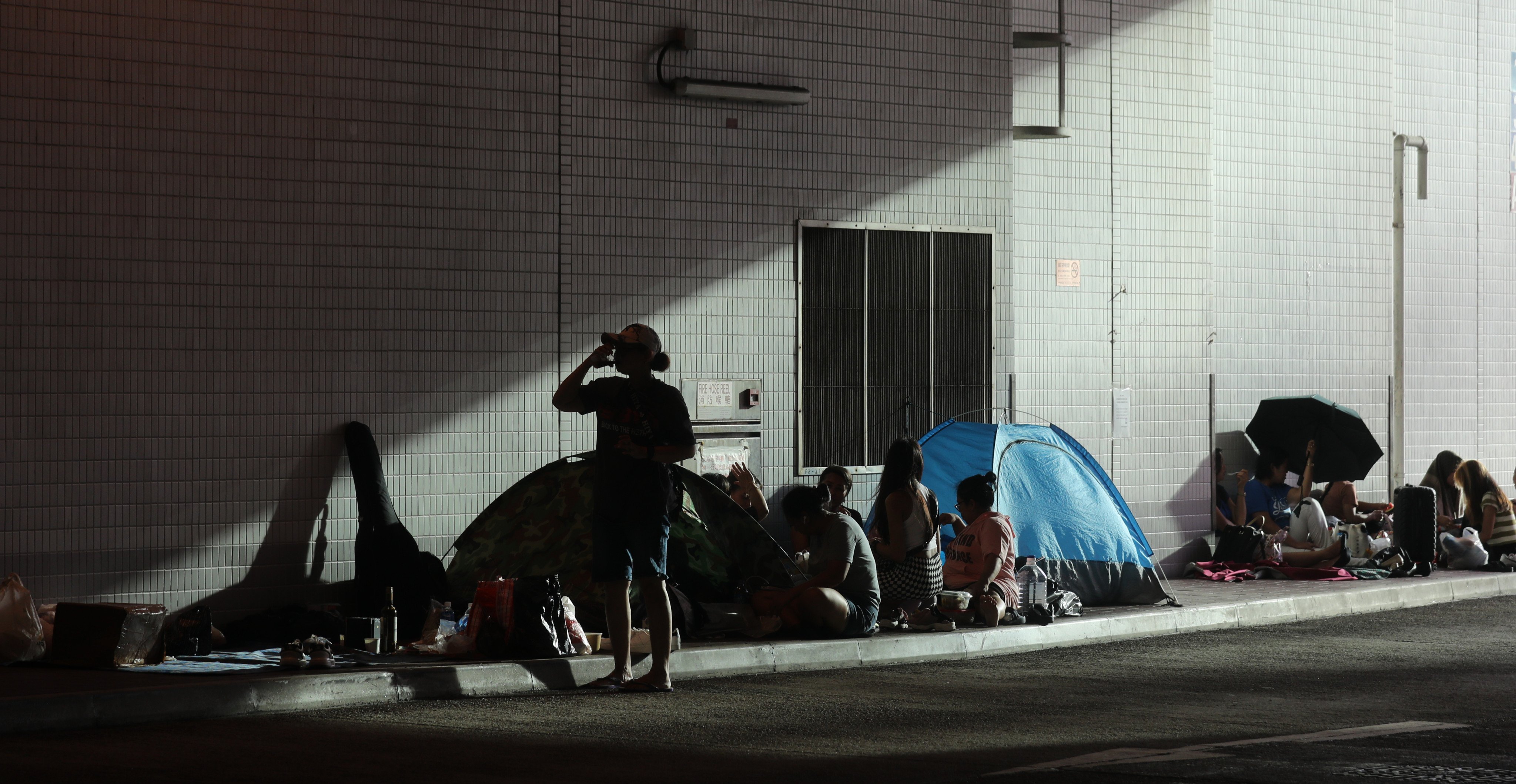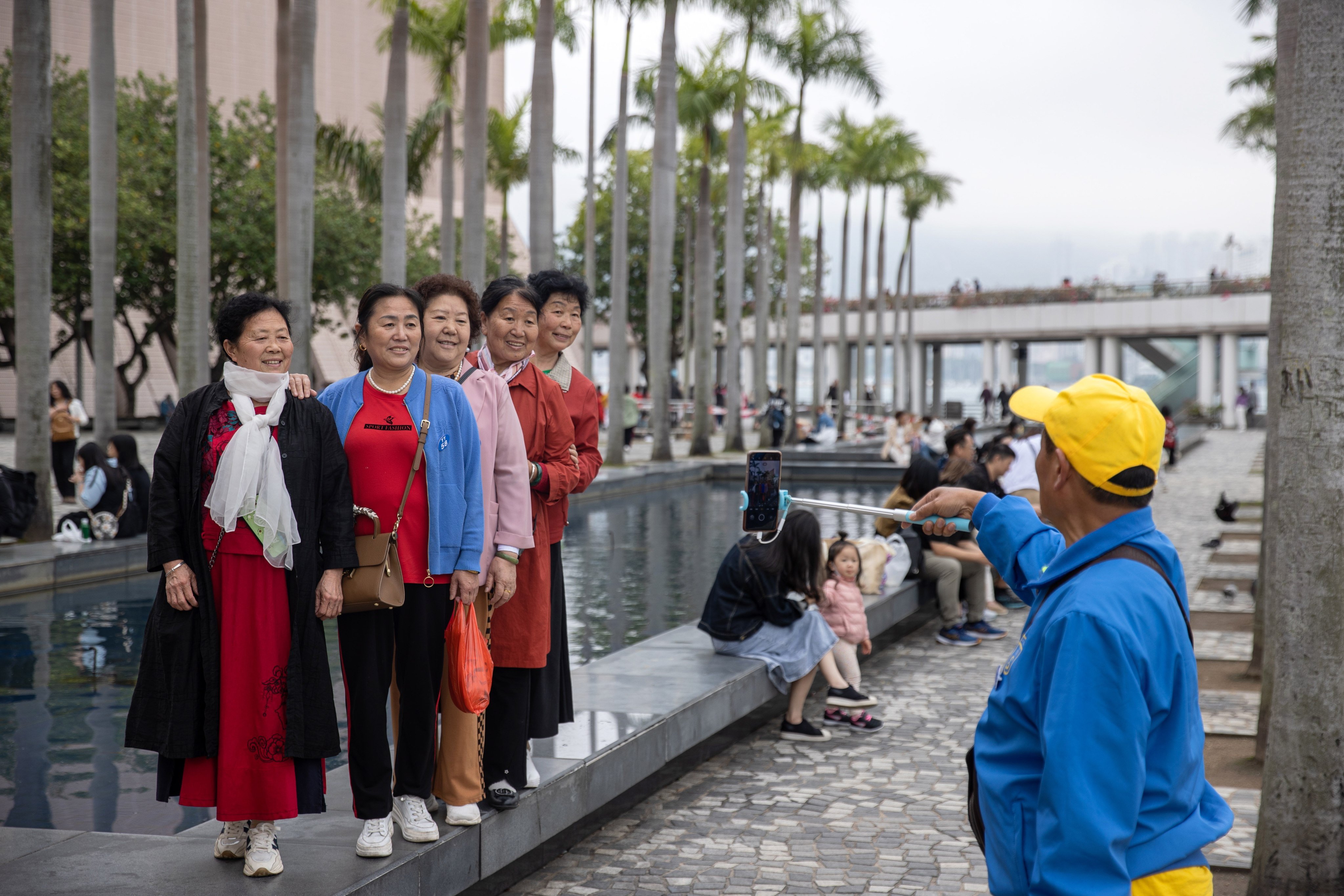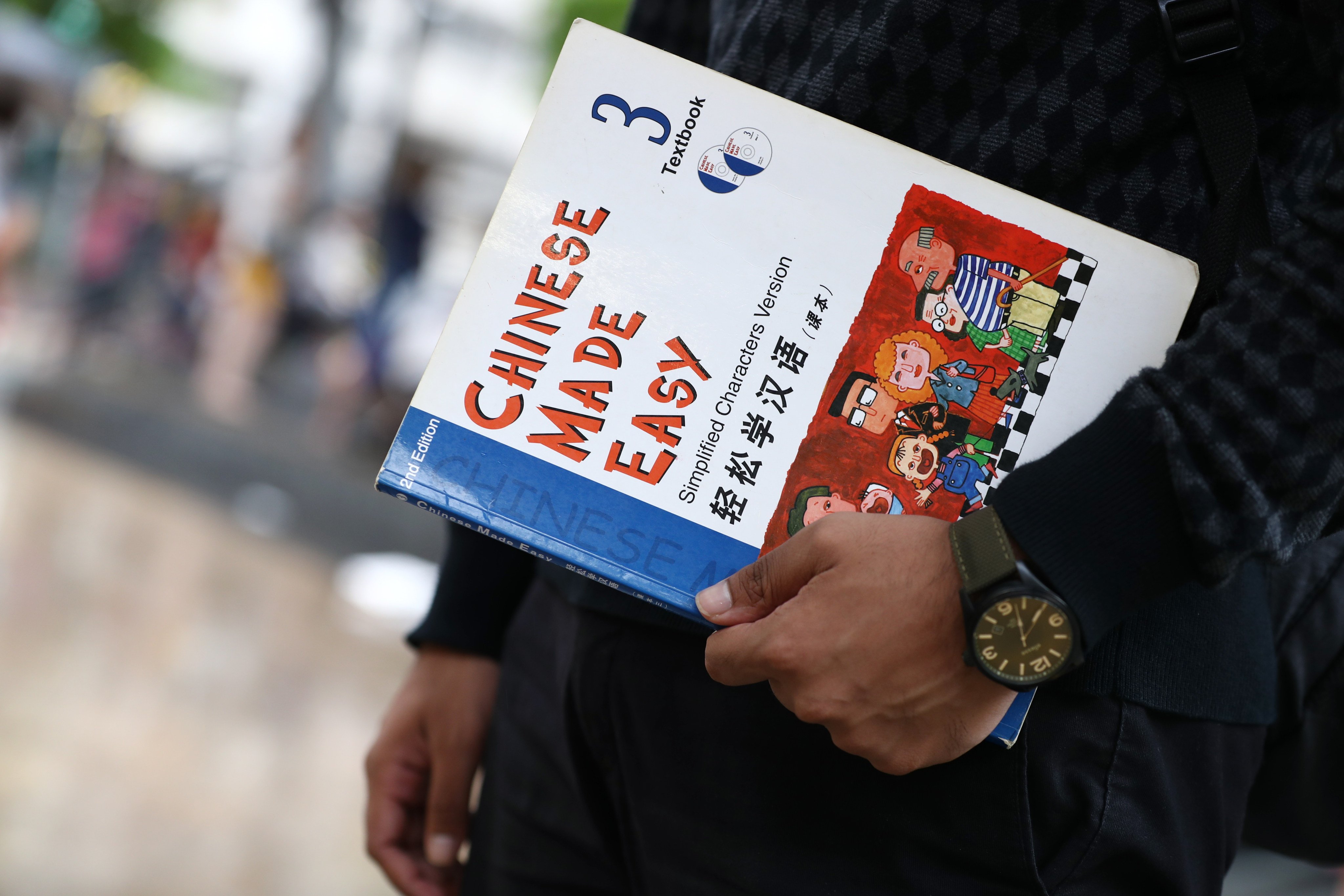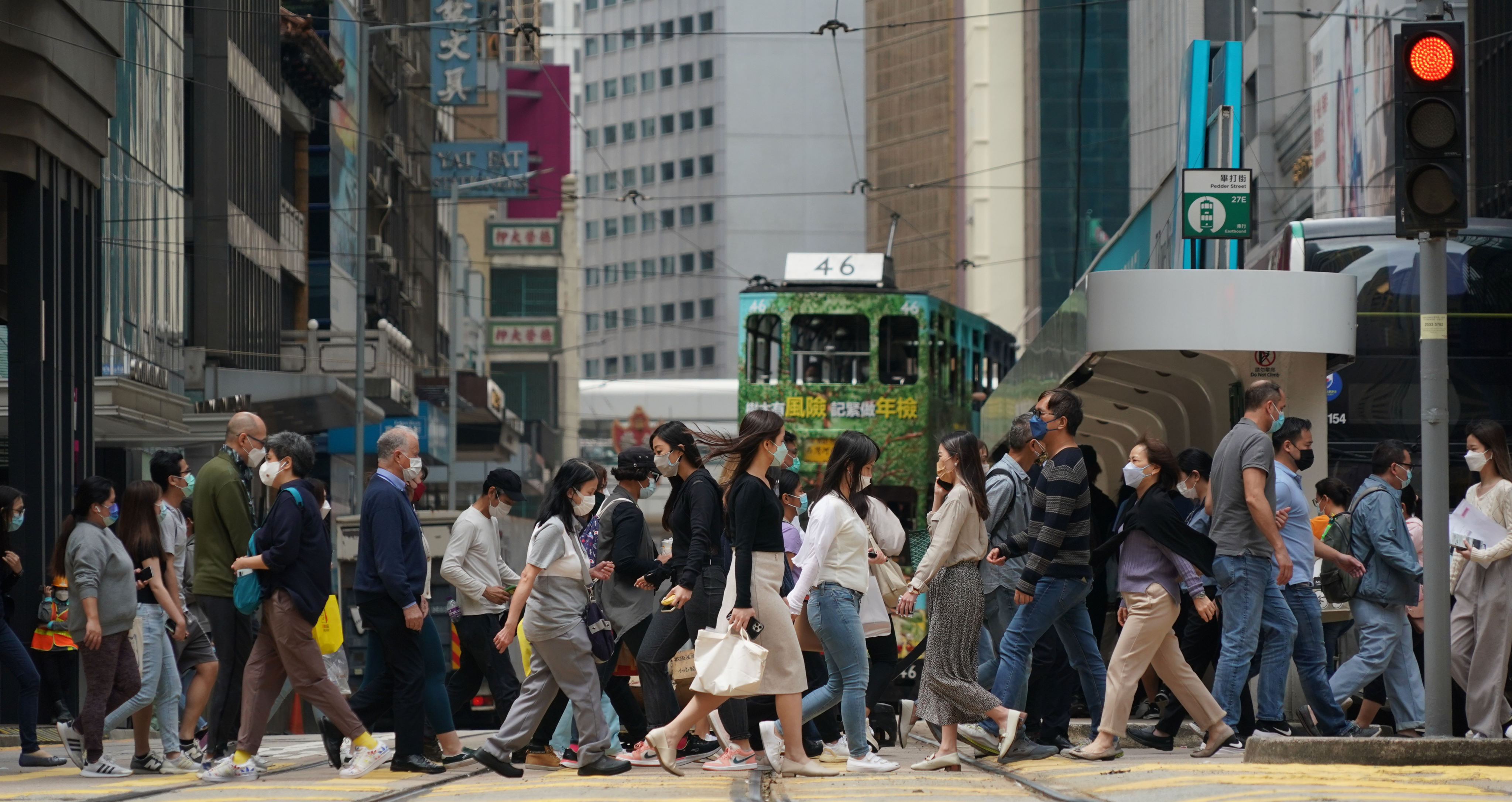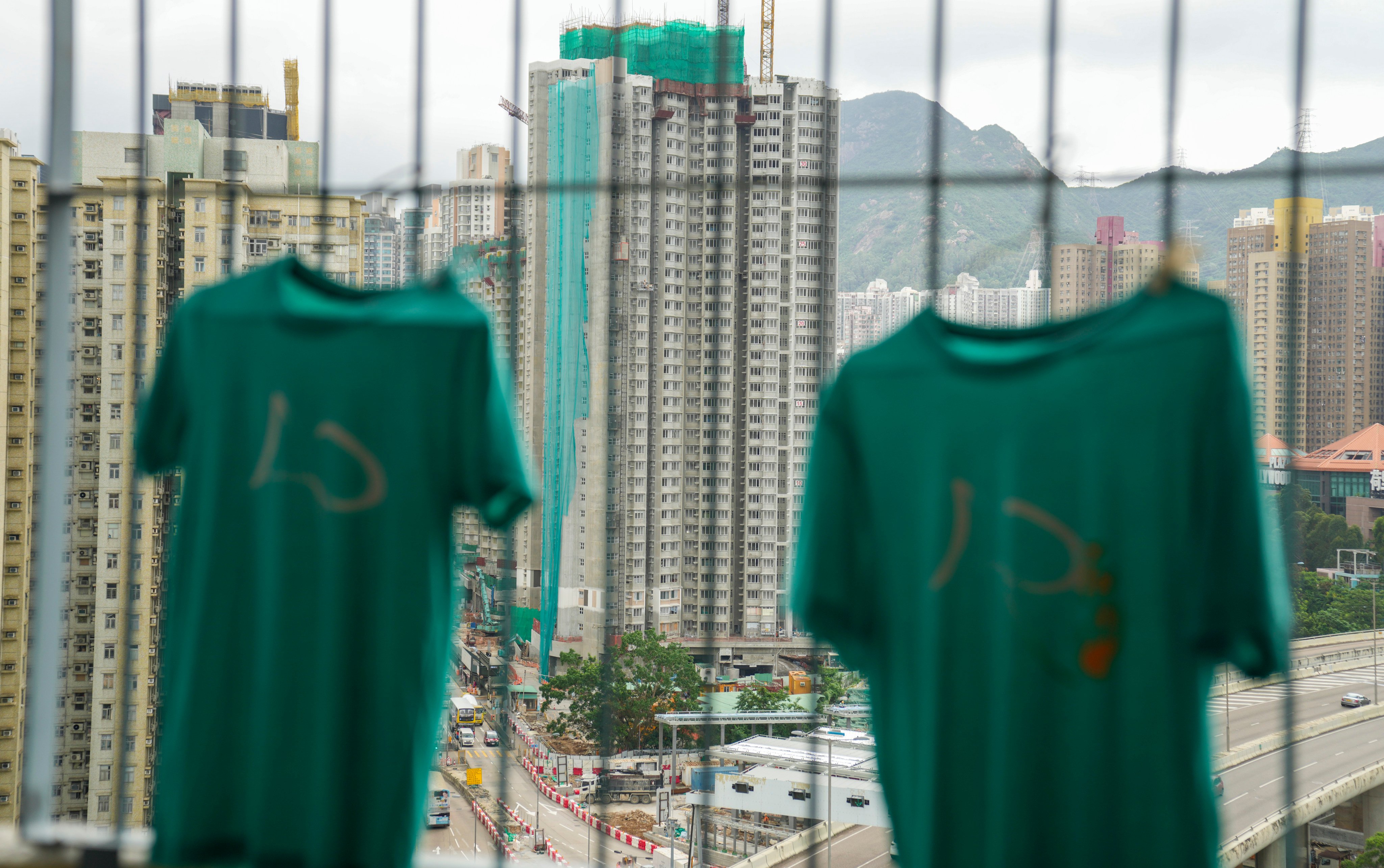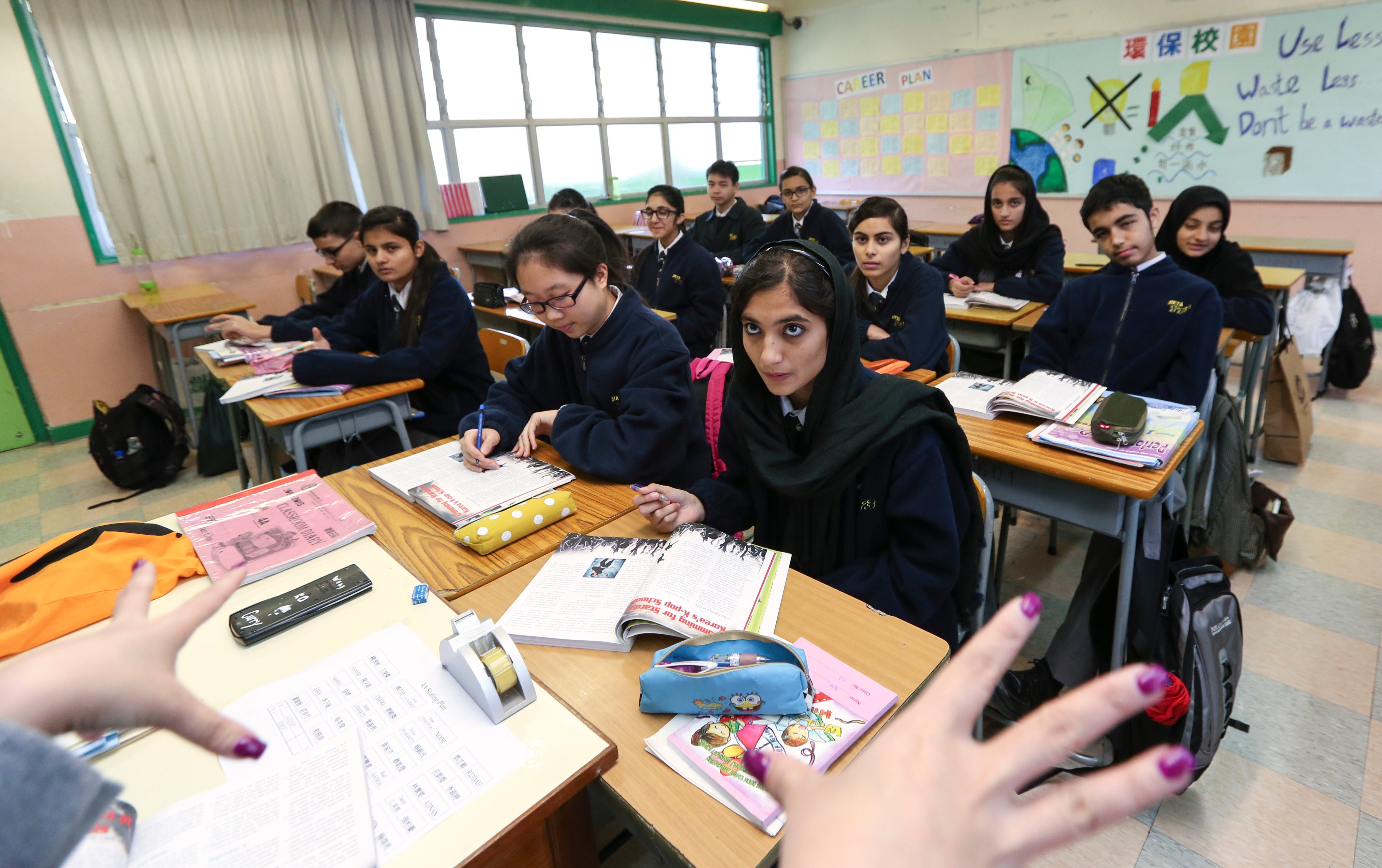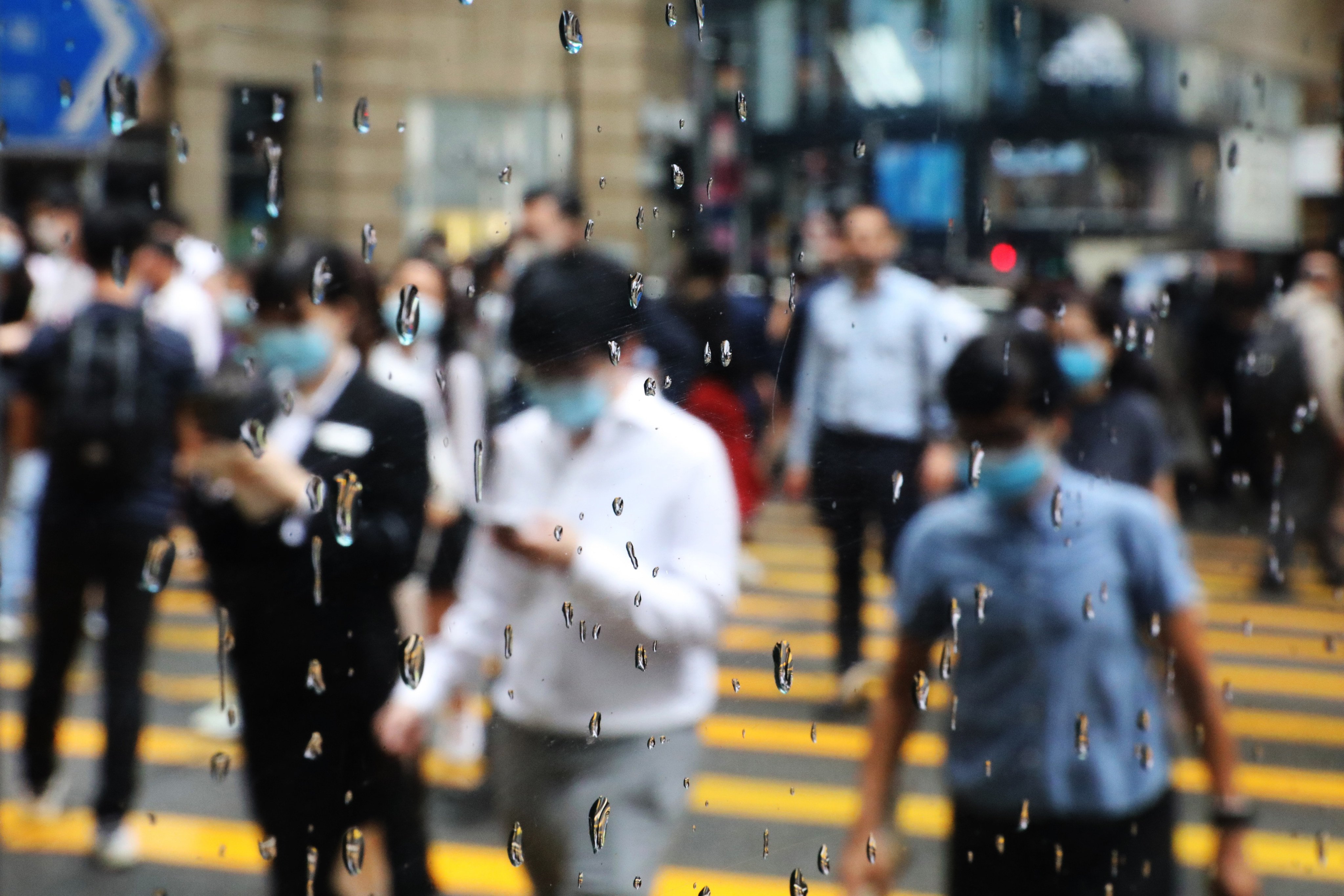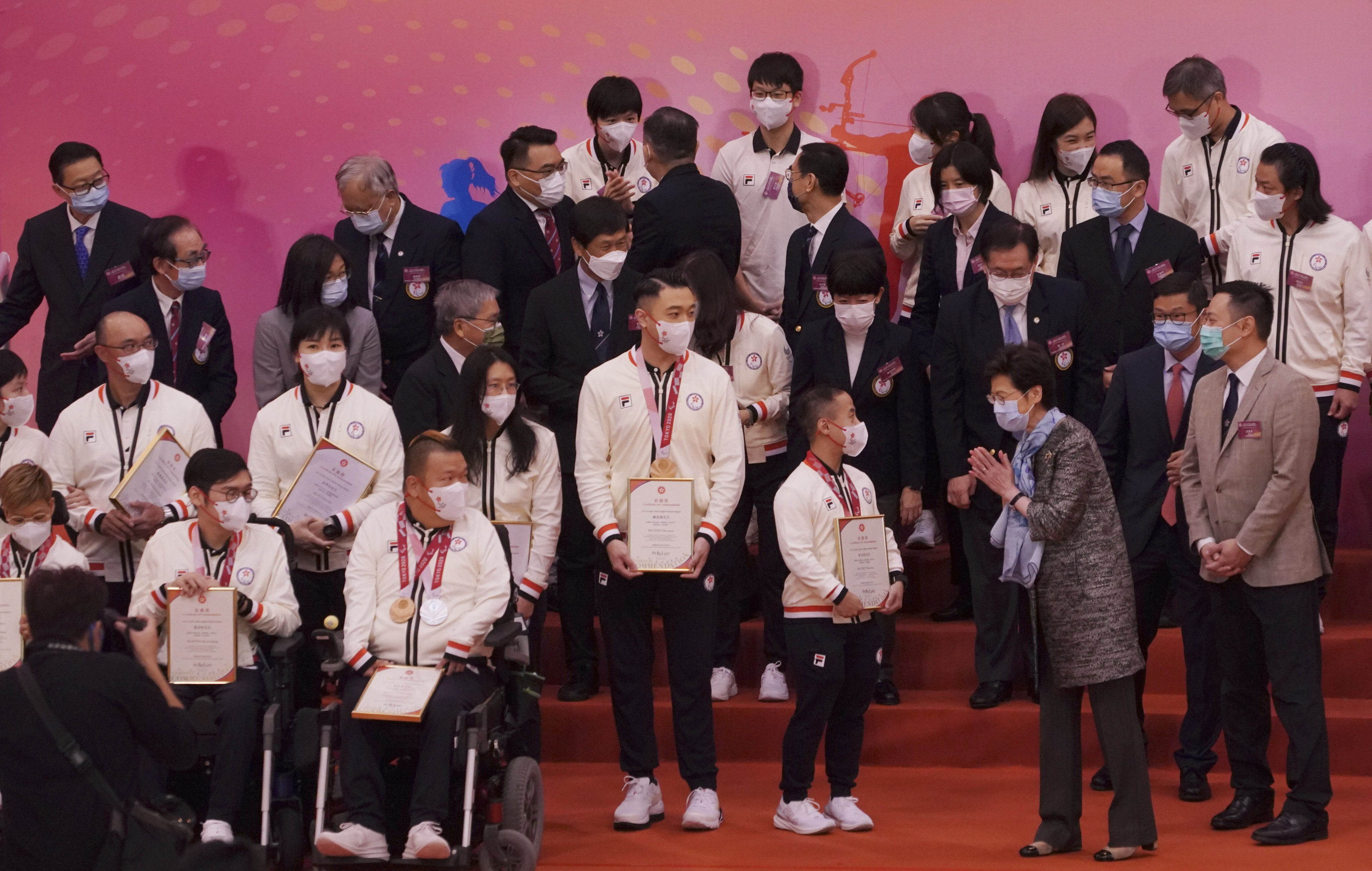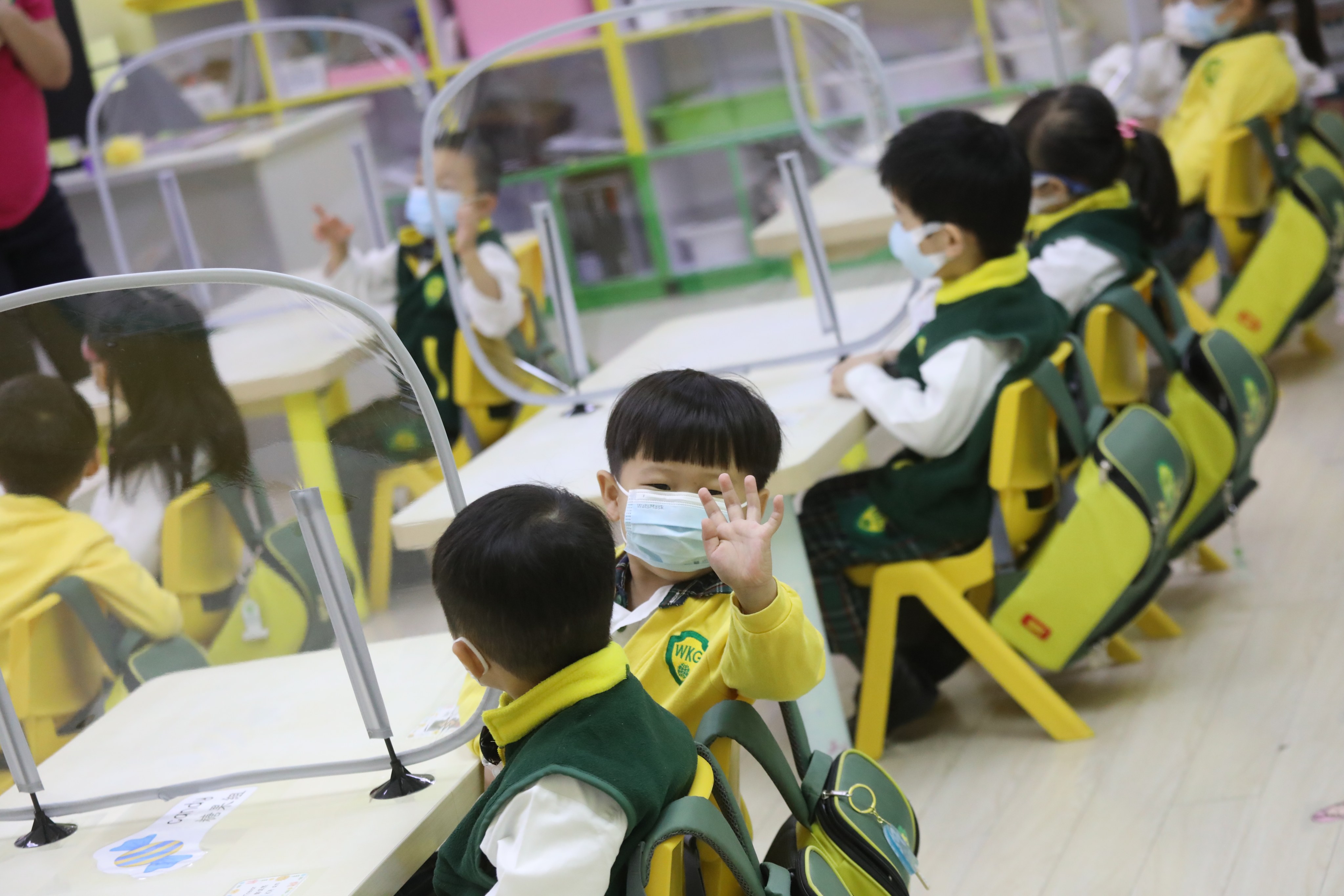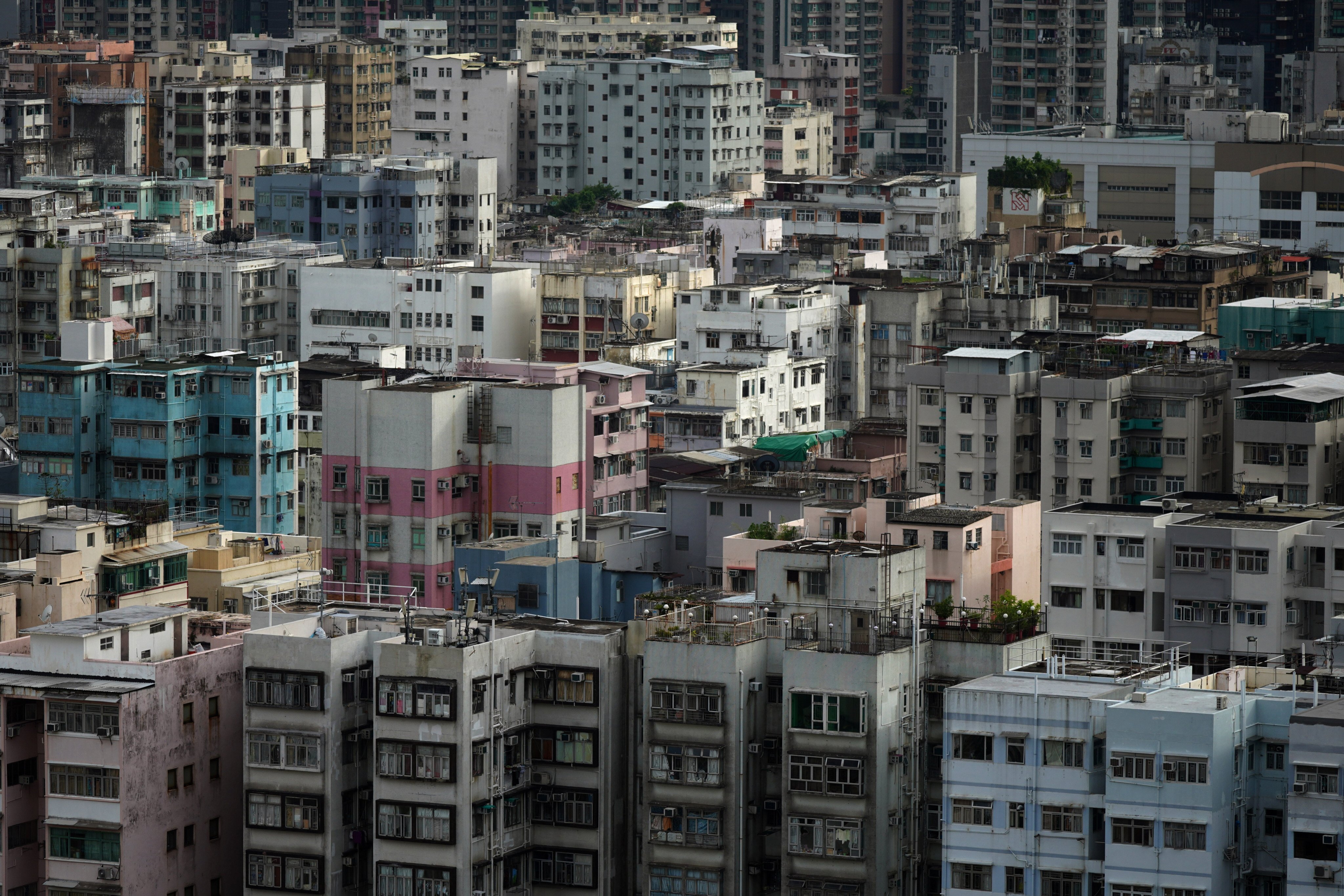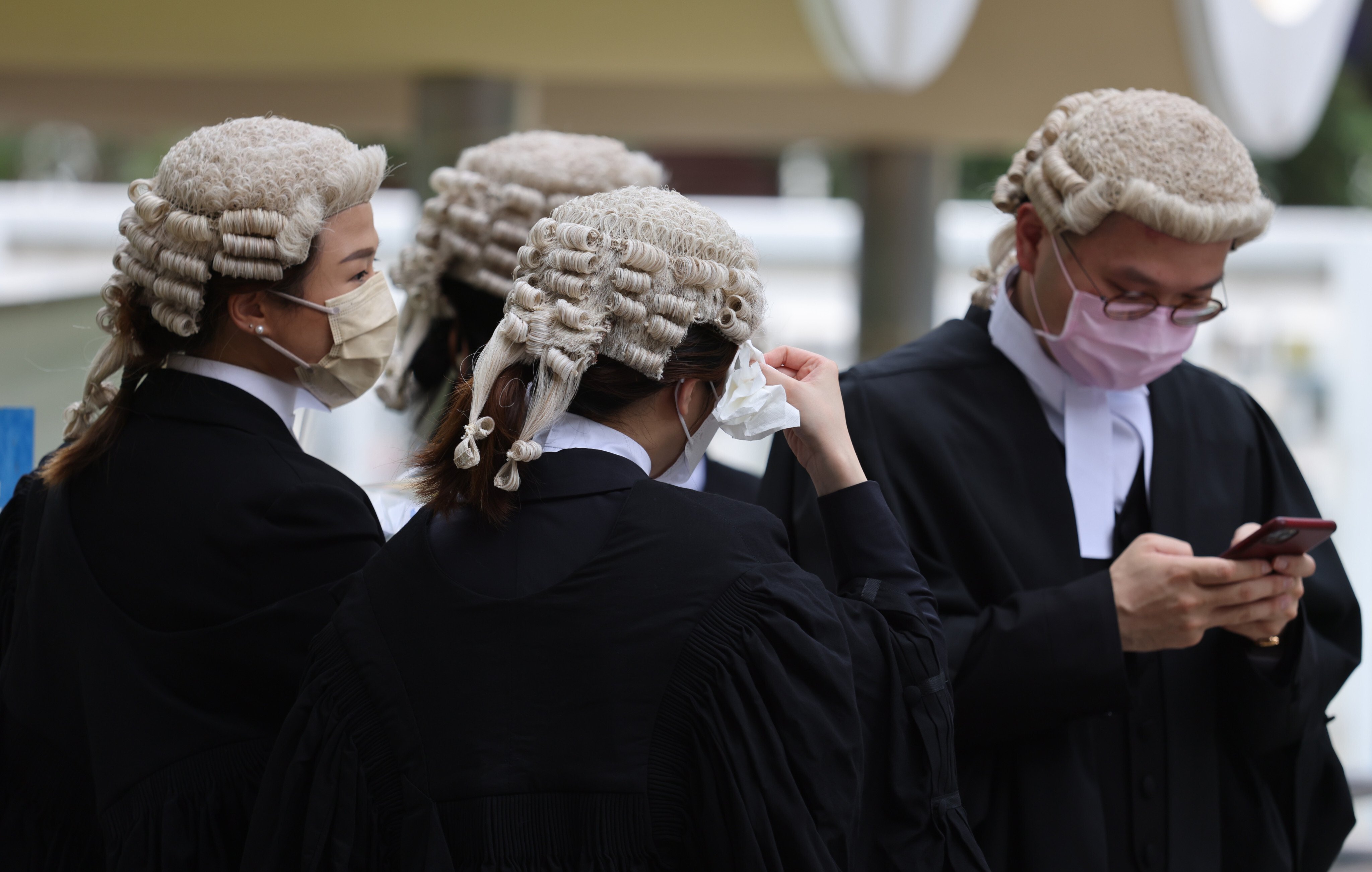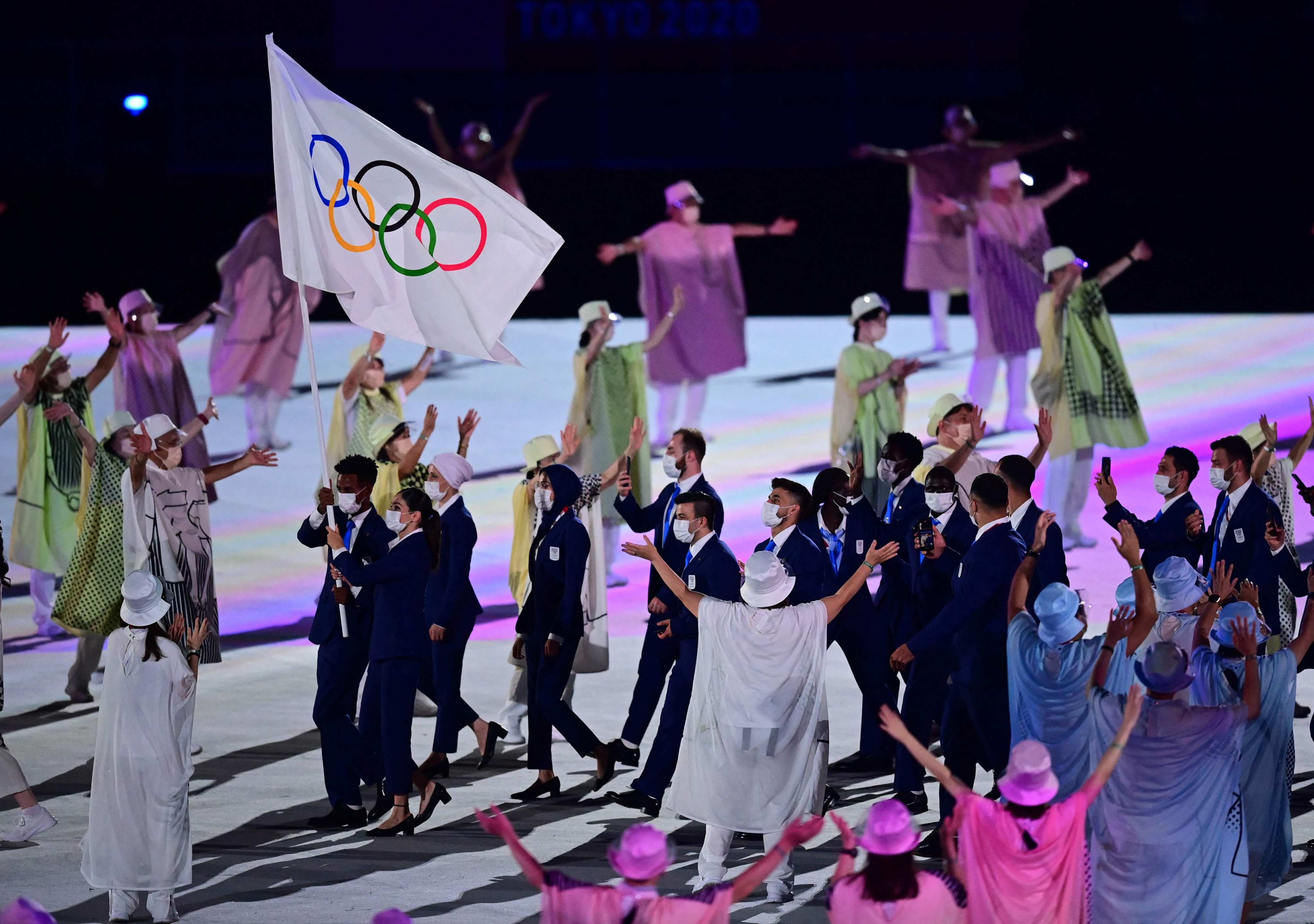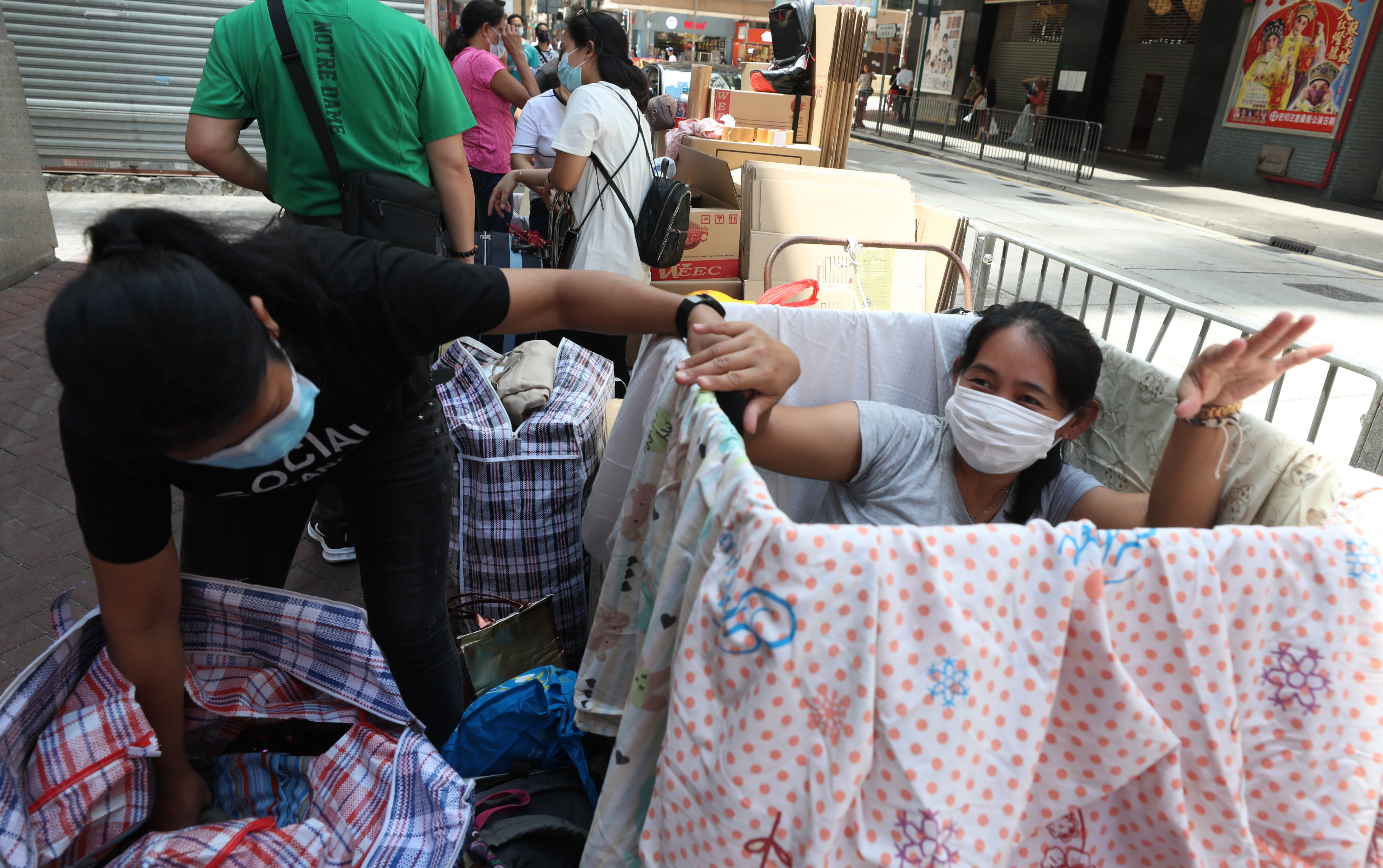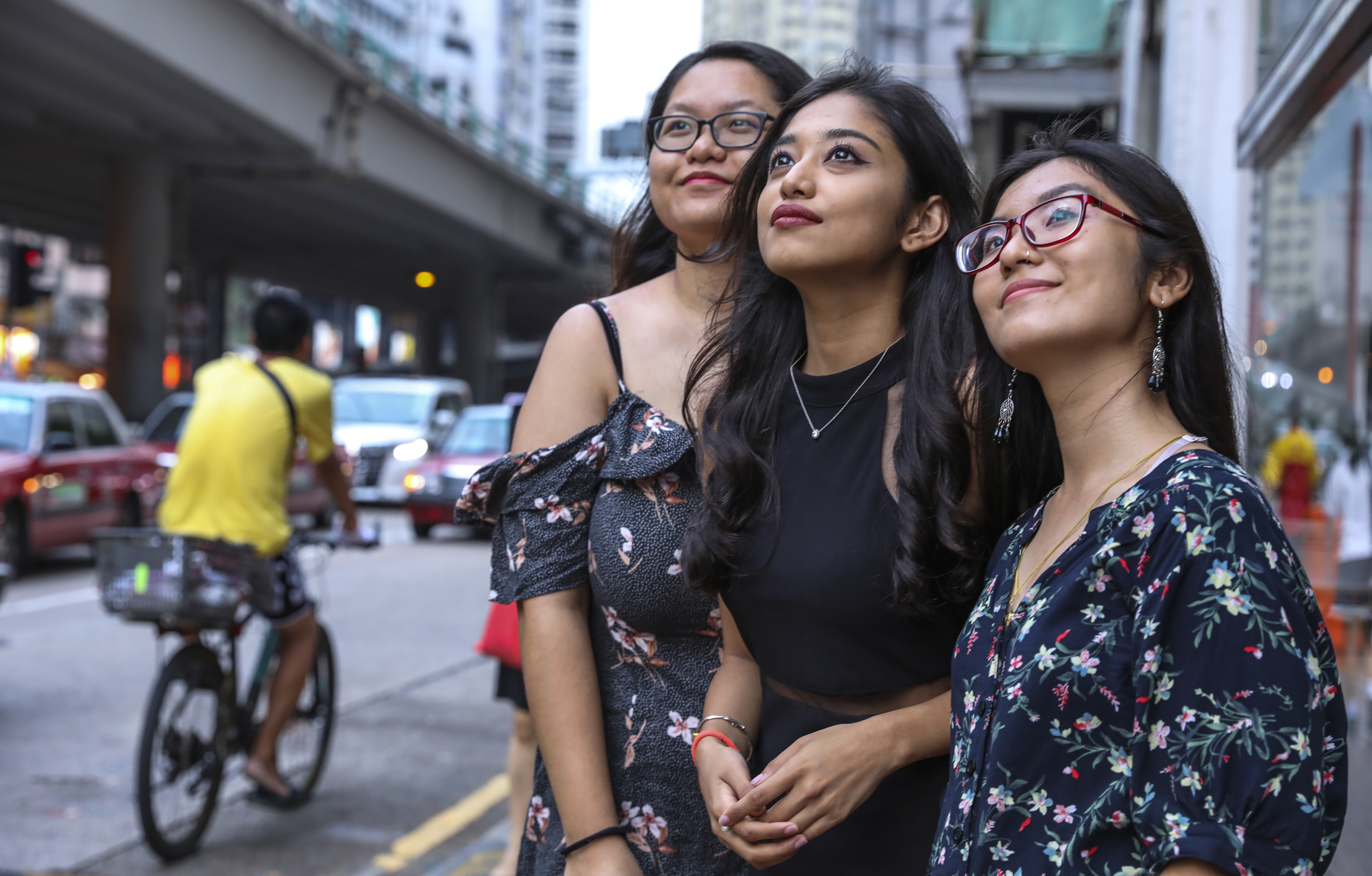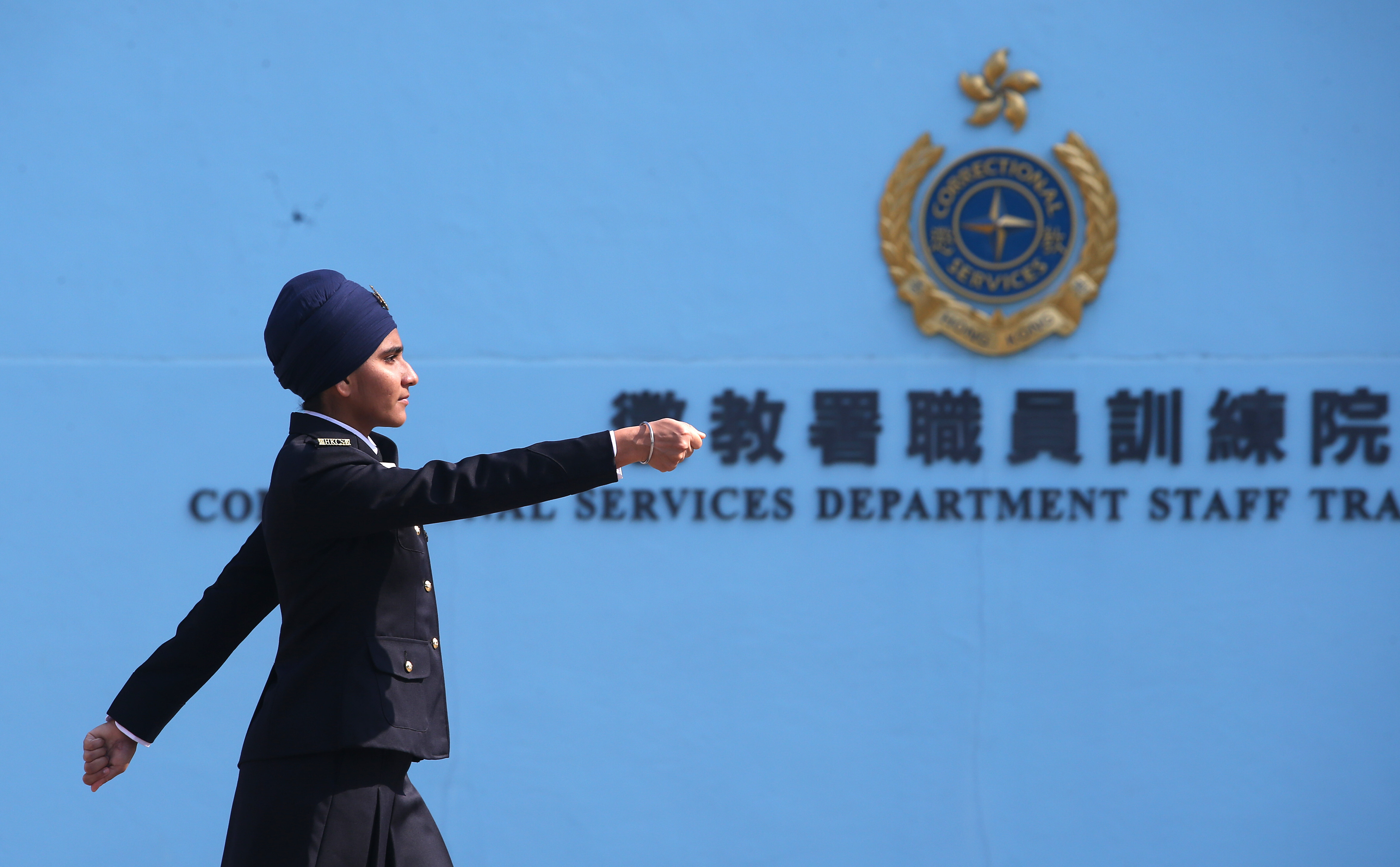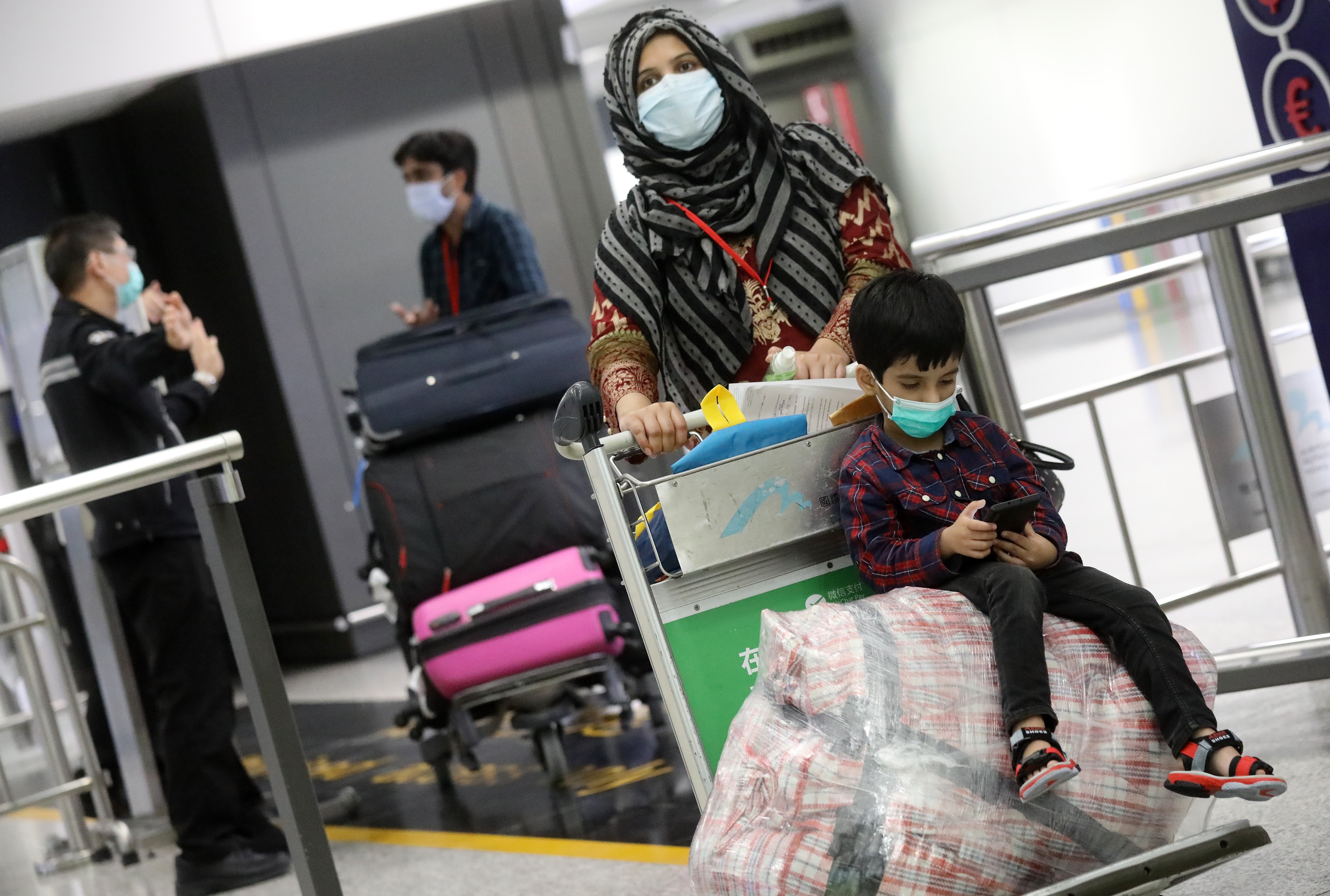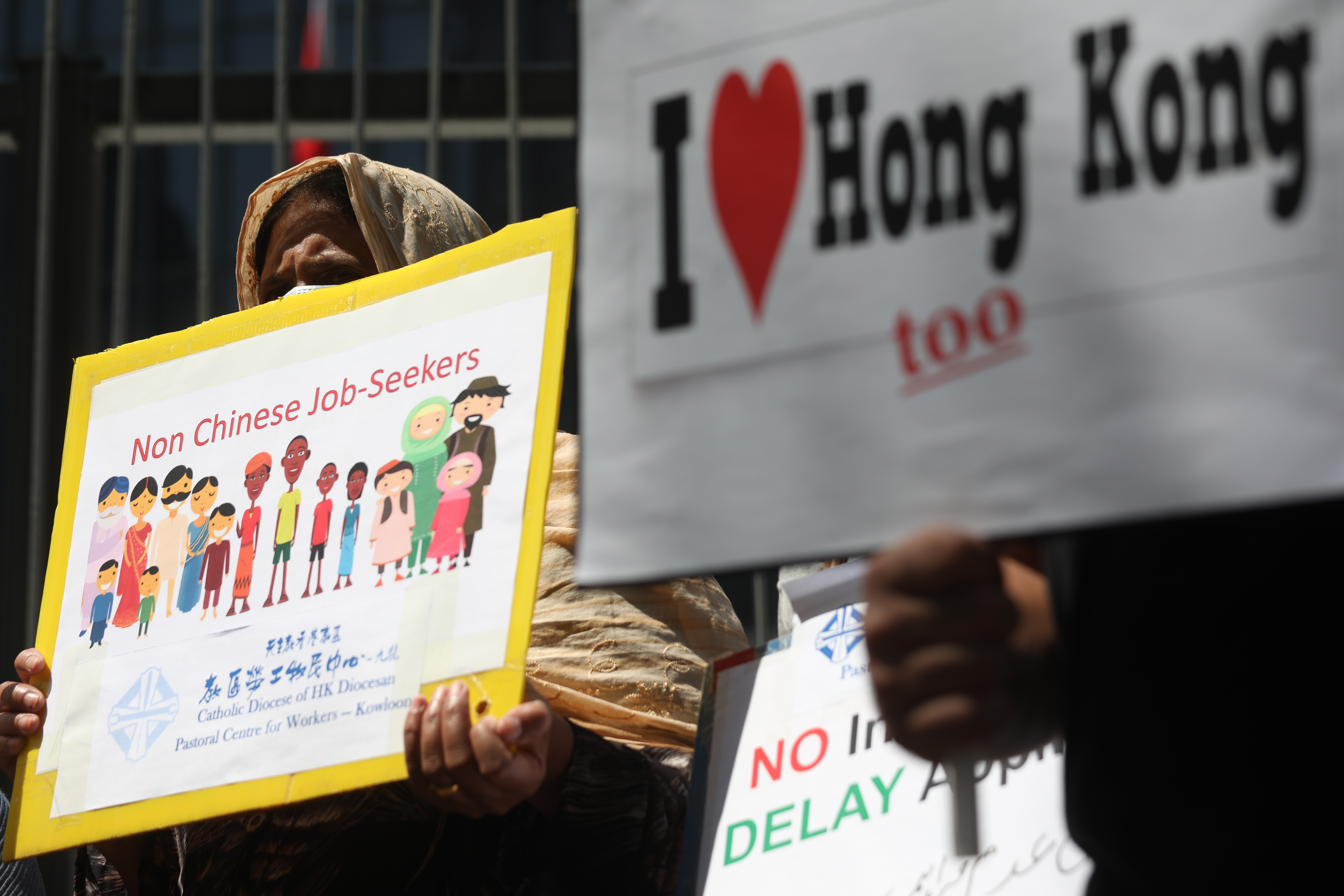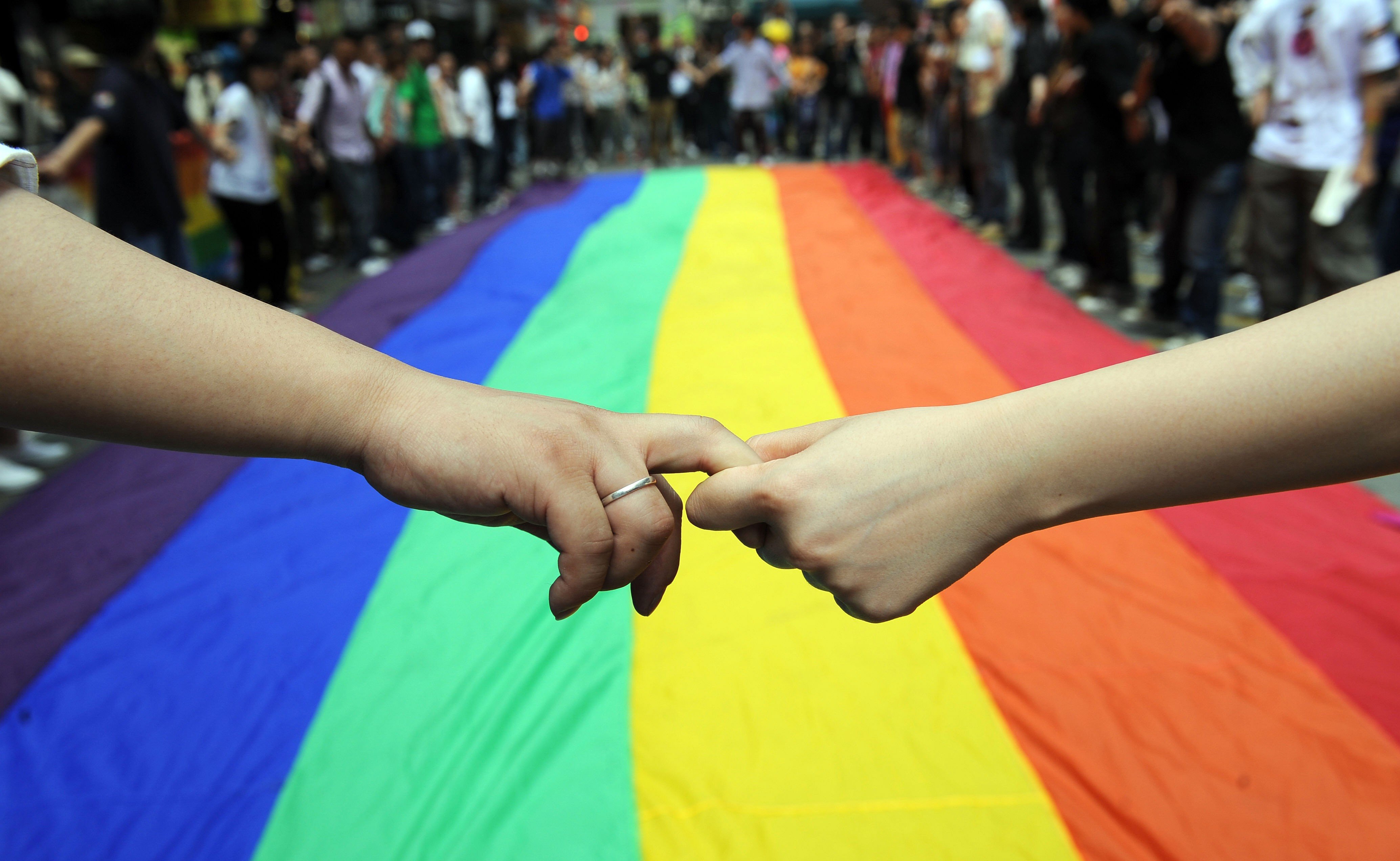
New measures to tackle the Chinese language barrier include letting government departments design job-specific Chinese tests and giving ethnic minority interns Chinese training. Hopefully, this will move other employers in the same direction.
The shortage of affordable housing is a citywide problem, but affects some ethnic minority communities more. Raising awareness of racial bias is essential. So is ensuring liveability and building communities.
The city should protect the mental well-being of over 300,000 migrant domestic workers who contribute to Hong Kong. As a society, Hong Kong must recognise that domestic workers’ unique work situations make them vulnerable and provide appropriate interventions.
Many in Hong Kong already work to make the city an inclusive and attractive tourist spot but we also need legislation, education and the collective effort of all of society to eliminate discrimination.
Ending racial discrimination is not about ignoring the differences but truly seeing them, such as how Hong Kong’s ethnic minority students learn Chinese differently.
Positive signs of progress include young people from ethnic minority backgrounds embracing their dual identity and greater public vigilance against discrimination. The next step is to increase representation and inclusion of minority groups in media, politics and beyond to combat harmful stereotypes and ‘othering’.
The blueprint promises new opportunities for Hong Kong’s youth including exchange programmes, internships and vocational courses. Yet there remain huge barriers for young people from non-Chinese speaking backgrounds in accessing these opportunities.
Policy measures may lure the talented to the city but to get them to stay, Hong Kong must make people of diverse backgrounds feel welcome. It can start by bringing down the barriers for hidden talent in its small but growing ethnic minority community.
Inequality of access to decent housing is both a global and local issue, as the pandemic and climate change worsen social disparities. In Hong Kong, we need to recognise that housing is not so much a commodity as a fundamental right, to address the problems facing marginalised groups.
While the government has been generous in allocating funds for the purpose, progress in learning Chinese as a second language can’t be measured by money spent. Instead, clear learning outcomes for language proficiency must be set and monitored closely if government resources are to be used wisely.
At the heart of the problem is that sexual harassment often occurs in the context of a power imbalance, which can deter victims from speaking up. Employers must have a clear anti-harassment policy and complaint-handling procedures, and give periodic awareness training.
As poverty and job challenges grow, Hong Kong should change its laws so workplaces and other important areas in society provide reasonable accommodation for disabled people – a change that need neither be costly nor burdensome.
To stop Chinese-medium kindergartens rejecting ethnic minority children or segregating them, government guidelines must be strictly monitored and teachers given more resources to manage mixed classes.
Hong Kong’s ethnic minorities face greater challenges in finding housing than other residents as discrimination leaves them with the worst habitat choices. According to the last census, about 10 per cent of non-Chinese Hongkongers were living in subdivided units when they make up less than 4 per cent of the population.
The move sets an important precedent for workplaces to fight dress code discrimination and model inclusive values and culture, and to effect change beyond simply complying with the law.
The Olympic Games demonstrate that talent, skills and sportsmanship are not bound by race, colour or ethnicity. Instead of seeing diverse minority racial groups as a burden, Hongkongers must recognise that they enrich society.
International Domestic Workers’ Day is an good time to remind ourselves of foreign domestic workers’ immense contribution to our city. They deserve the same rights as any other worker and should not face discrimination and prejudice because of their job.
Qualified, confident and vocal, many from the city’s non-Chinese population could make valuable contributions to the city in various capacities, including governance.
On International Day for the Elimination of Racial Discrimination, the city must reflect on its failure to lift the language barrier for its racial minorities. Given the negative impact of the pandemic on second-language learning, new data must be gathered and analysed with fresh eyes.
From problems with the food at a quarantine centre to the delay in making information on Covid-19 available in various languages, the lack of attention to the needs of the city’s minority community shows a change in mindset is long overdue.
Discrimination – whether in Chinese education for ethnic minorities, reluctance to employ those with disabilities, or pressure on pregnant employees to resign – breeds social exclusion, stigmatises poverty and makes a better life much harder for minorities.
Rather than remaining stuck in polarised debates, Hong Kong should focus on practical measures to address discrimination against marginalised groups. The Equal Opportunities Commission must not only press for change, but create the conditions for progress.
